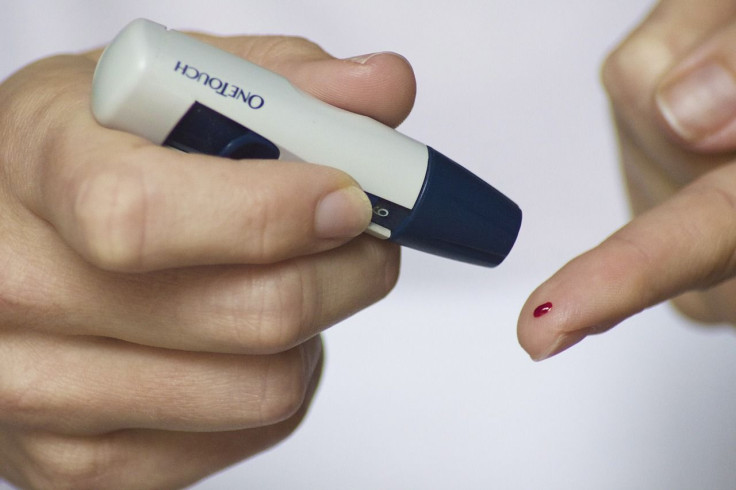Type 2 Diabetes Symptoms Include Heartbeat Warning Signs Indicating High Blood Sugar Levels

KEY POINTS
- Diabetes is among the chronic conditions that need the utmost attention
- When this condition is not kept at bay, it can lead to serious complications, which could manifest on your heart
- One symptom that you need to watch out for is a rapid heartbeat
A chronic condition characterized by high levels of blood sugar, type 2 diabetes can lead to a host of complications if left untreated. Insulin, a hormone produced by your pancreas, is supposed to control the levels of blood sugar in your blood.
If you have diabetes, however, your pancreas may not produce enough insulin to keep your blood sugar levels in check, causing them to uncontrollably rise. Consistently high blood sugar levels can lead to fatal complications, like a heart attack.
Type 2 Diabetes and Heart Attack
The British Heart Foundation has revealed that high levels of blood sugar can cause damage to the artery walls, leading to the development of fatty deposits. According to the BHF, if these fatty deposits accumulate in your arteries, which provide oxygen-rich blood to your heart, it can cause a heart attack.
When the same fatty deposits build up in the arteries that provide blood to the brain, it can trigger a stroke. Since the risks linked to high blood sugar levels are great, you must give attention to the warning signs and take some measures to minimize blood sugar levels.
Your Heartbeat May Provide A Clue
Mayo Clinic, an academic medical center based in the US, revealed that one method of determining if your blood sugar levels are too high has a rapid heartbeat. Other telltale warning symptoms include fatigue, nausea and vomiting, fruity breath odor, frequent urination, shortness of breath, increased thirst, stomach pain, and a very dry mouth. If you observed many or all of these telltale signs, you should immediately get in touch with your diabetes care team, particularly if you have high levels of blood sugar.
Reducing Blood Sugar
The next crucial step is to bring down your blood sugar levels. Making some changes in your diet is the best option at this point. Health bodies recommend you limit your high-carb food intake to bring down the levels of your blood sugar.
According to health organizations, carbohydrates are broken down and transformed into blood sugar in a rather quick manner. This means it will have a more profound effect on your levels of blood sugar compared to either protein or fat.
Carbohydrates can be found on a wide variety of foods, said diabetes.co.uk. Some of the notable examples are starchy foods like flour, rice, and pasta. Bread, pastry, and other foods based on dough are also high in carbohydrates.
To help you tell the difference between blood-sugar friendly carbs and its high-carb counterpart, try looking at the Glycemic Index or GI. This is a relative ranking of carbohydrates in food and as to how they impact blood sugar levels.
© Copyright IBTimes 2024. All rights reserved.





















